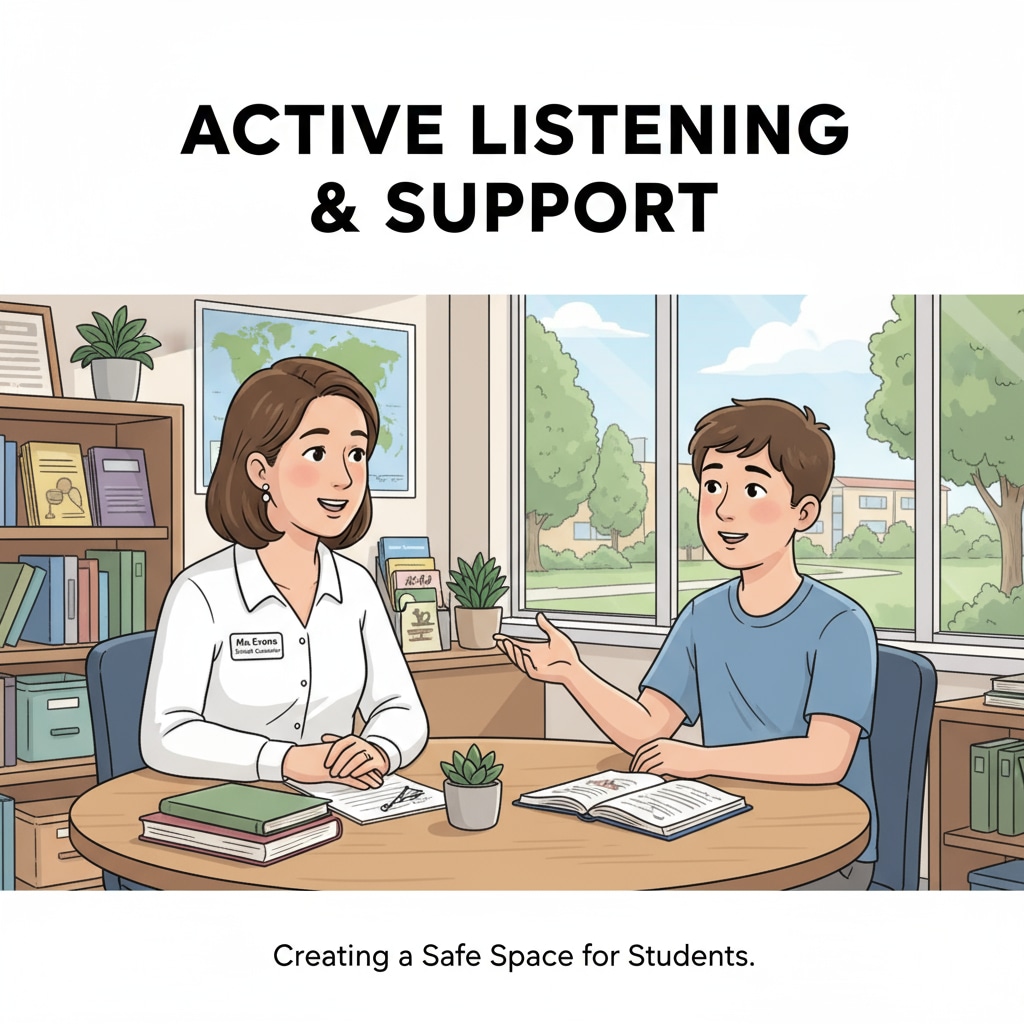In the complex landscape of the education system, school counselors play a multifaceted and essential role. Their duties extend far beyond what is commonly perceived, encompassing a wide range of responsibilities that contribute to the well-being and academic success of students.

As we embark on this exploration, it’s important to understand the true nature of their work and the impact they have on the educational journey.
The Multifaceted Roles of School Counselors
School counselors serve as a bridge between students, teachers, and parents. They are responsible for providing academic guidance, helping students choose the right courses and plan their educational paths. For example, they assist students in understanding different subject requirements and how they align with future career goals. In addition, they offer emotional support. Students often face various challenges such as stress, anxiety, and peer pressure. Counselors are trained to listen, empathize, and provide appropriate coping strategies. American Psychological Association’s Insights on School Counseling

Systemic Challenges Faced by School Counselors
Despite their important roles, school counselors encounter numerous systemic challenges. One major issue is the heavy caseload. With a large number of students to attend to, it becomes difficult for counselors to provide individualized attention to each one. Moreover, there is often a lack of resources. This includes limited access to professional development opportunities, which can hinder their ability to stay updated with the latest counseling techniques. Additionally, the perception of their role within the education system sometimes leads to underutilization of their skills. American Counseling Association’s Information on School Counseling
To fully realize the value of school counselors, several steps can be taken. First, schools should strive to reduce the caseload, allowing counselors more time to engage deeply with students. Second, investing in resources such as training programs and updated counseling materials is crucial. This will enable counselors to enhance their skills and knowledge. Finally, there needs to be a shift in the perception of their role. All stakeholders, including teachers, parents, and administrators, should recognize the full extent of their contributions and collaborate effectively with them.
Readability guidance: By understanding the roles, challenges, and solutions related to school counselors, we can create an educational environment where students receive the support they need to thrive. These dedicated professionals are an integral part of the education system, and it’s time to give them the recognition and resources they deserve.


